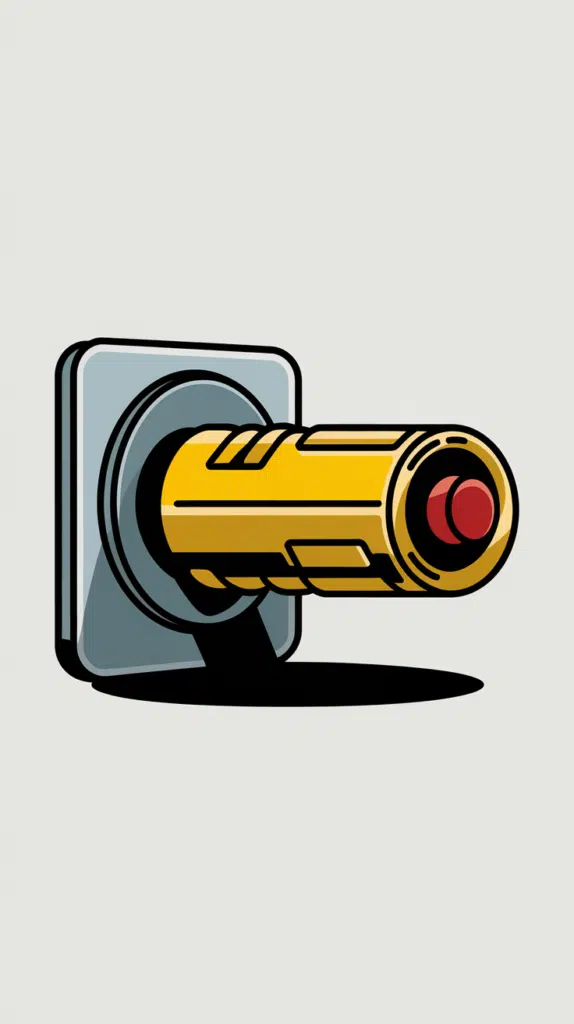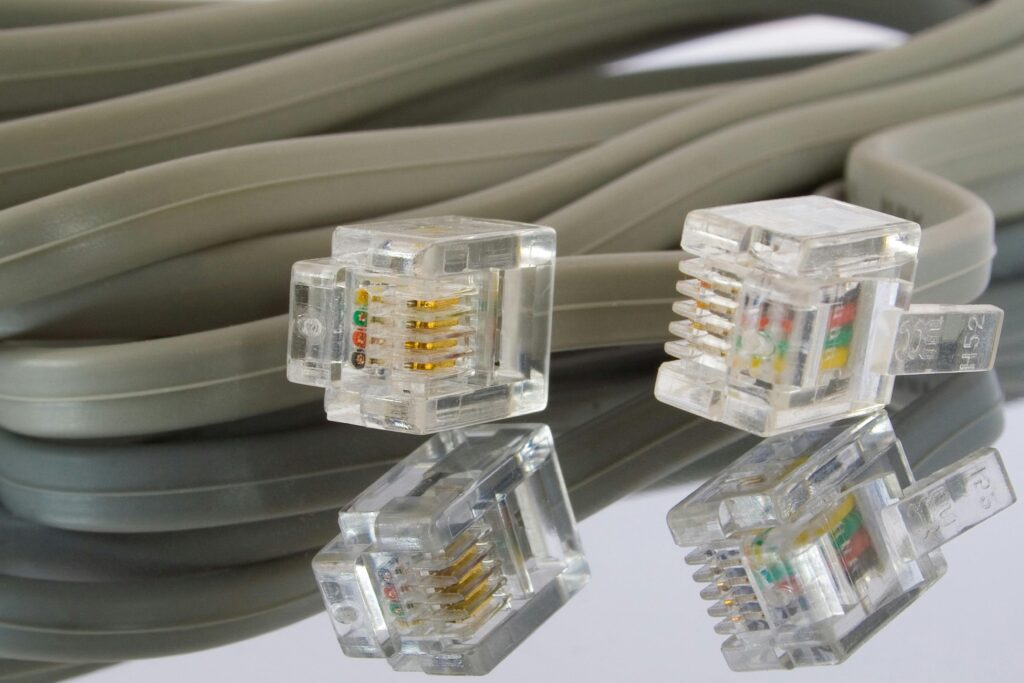Language is a fascinating and often perplexing subject. Among the many words that can lead to confusion, “connector” or “connecter” frequently trip up even the most seasoned writers.
Both words may sound similar, but their usage and acceptance in modern English differ significantly. This article aims to clarify the meanings, contexts, and proper usage of these two terms.
By the end of this comprehensive guide, you’ll have a solid understanding of when to use “connector” and when to avoid “connecter.”
read more : Mouses vs Mice: What’s the Correct Plural of Mouse? – Grammar Beacon
What do “Connector” and “Connecter” Mean?
Before delving into the usage and historical context, it’s crucial to define both terms.

The Definition of “Connector”
The term “connector” serves as a noun that typically refers to something that links or joins two or more entities. This concept applies across various domains, including technology, social interactions, and written communication.
Here are a few contexts where “connector” might be used:
Technology: A physical device that links different components, such as a USB connector, which allows peripherals to connect to a computer.
Social Settings: A person who is adept at networking and creating connections among people, often referred to as a “social connector.”
Writing: Transition words or phrases that help link ideas and maintain the flow of a narrative.
Rad more : Acclimate vs Acclimatize vs Acclimatise: Pick the Right Verb – Grammar Beacon
The Definition of “Connecter”
In contrast, “connecter” is an outdated variant of “connector.” While it can also refer to someone or something that connects, its use has diminished significantly in contemporary English.
Today, “connecter” is rarely seen or used, making it more of a historical curiosity than a practical term.
Summary of Meanings
- Connector: A widely accepted term for something that links or joins.
- Connecter: An obsolete variant that is seldom used today.
“Connector” or “Connecter”: Which One Should Be Used?
When faced with the choice between “connector” and “connecter,” the answer is clear: use “connector.”
Usage in Professional Settings
In professional writing or communication, choosing the correct term is crucial for clarity and professionalism. For instance, if you’re drafting a report on a new software tool, you might write,
“We need a reliable connector to ensure seamless integration between our systems.” This example not only conveys your message effectively but also presents a polished and professional tone.
read more : What’s the Plural of Software? Is it Software or Softwares? – Grammar Beacon
Usage in Everyday Language
In casual conversation, you might say, “She’s an amazing connector; she knows everyone in the industry.” This usage enhances your communication and makes your point more relatable.

Common Mistakes
A common mistake is using “connecter” instead of “connector.” This error often stems from unfamiliarity with the terms. Such a mistake can undermine the quality of your writing and make it appear less knowledgeable.
Remember that “connector” is the correct term in both casual and formal contexts.
Example Sentences
To solidify your understanding, here are a few sentences illustrating the proper usage of “connector”:
- “The new project requires a connector that can handle multiple data streams.”
- “He has a talent for being a connector in our community, helping people find job opportunities.”
- “Using effective transition words serves as a connector between different sections of the essay.”
Why and How “Connecter” Became Outdated
Understanding the historical context of “connecter” can illuminate why it is no longer the preferred term.
Historical Usage
“Connecter” was once more common in English, especially in the 19th century. During this time, variations in spelling were not as tightly regulated, allowing for greater diversity in language use.
However, as English evolved and became more standardized, “connector” emerged as the dominant spelling.
Read more : Pre vs Post: Which Prefix to Use? – Grammar Beacon
The Shift Toward Standardization
The shift towards a more standardized English language began in the late 19th and early 20th centuries. With the rise of dictionaries and style guides, writers and speakers began to favor simpler and more concise forms.
The term “connector” was favored for its clarity and directness, making it easier for readers to understand.
Current Perspectives
Today, “connecter” is considered archaic and rarely used in modern writing. Most reputable dictionaries and style guides do not include it, reinforcing the idea that “connector” is the term to use.
Analogy with Similar Verbs
To further clarify the distinction between “connector” or “connecter,” let’s explore similar pairs of words in English. Consider the relationship between “editor” and “edit.”
Read more : Skill-Set vs Skillset – Grammar Beacon
Example Analogy
- Editor: Refers to a person who edits text.
- Connector: Refers to a device or individual that links two or more items.
This analogy illustrates how “connector” functions as a noun describing a role or function, just as “editor” does.

Other Similar Terms
- Facilitator: A person who makes a process easier, similar to how a connector facilitates relationships.
- Mediator: Someone who intervenes to help resolve conflicts, serving a similar role in connecting people.
These comparisons can help solidify your understanding of how “connector” fits into the broader landscape of English vocabulary.
Dictionaries and Style Guides
When in doubt about word usage, consulting dictionaries and style guides is invaluable. These resources help ensure that you adhere to modern standards of English.
Trusted Sources
Merriam-Webster: This dictionary lists “connector” as the primary term, with no mention of “connecter.” It reflects the contemporary preference for the term.
The Chicago Manual of Style: This well-respected guide advises against using outdated forms like “connecter,” reinforcing the use of “connector.”
Oxford English Dictionary: This dictionary recognizes “connector” as the standard term, providing clear definitions and usage examples.
By referencing these authoritative sources, you can confidently choose “connector” in your writing and speech.
read more : Cacoon vs Cocoon Spelling – Grammar Beacon
Origins of the Word “Connector”
To fully appreciate the term “connector,” it’s helpful to explore its origins. The word can be traced back to Latin roots, specifically the word “connectere.”
Etymology Breakdown
- Prefix “con-”: Meaning “together” or “with.”
- Root “nectere”: Meaning “to bind” or “to tie.”
Understanding these roots highlights the fundamental purpose of a connector: to unite or link disparate elements.
Evolution of the Term
As language evolved, “connector” began to appear more frequently in English literature and conversation. Its ability to encapsulate the idea of connection made it a versatile term applicable across various contexts, from technology to interpersonal relationships.
Examples in Context
Understanding how to use “connector” effectively requires practical examples. Below are several scenarios that illustrate the term in different contexts.
Scenario 1: Technology
In a tech meeting, you might say, “The new software update introduces a connector that enhances compatibility between our existing systems.” This example showcases how “connector” applies to technological tools and their functionality.
Scenario 2: Social Settings
In a casual conversation, someone could say, “She’s a great connector; she knows how to bring people together for networking events.” Here, the term emphasizes an individual’s skill in fostering relationships and creating networks.
Scenario 3: Business
In a business report, you might encounter a sentence like, “The connector between our marketing and sales teams has improved our overall strategy.”
This illustrates how “connector” can signify the link between departments, highlighting its organizational importance.
Scenario 4: Writing and Communication
When discussing writing techniques, one might state, “Using effective transition words serves as a connector between ideas, improving the flow of the narrative.” In this context, “connector” emphasizes the role of certain words in enhancing communication.
Scenario 5: Education
In an educational setting, a teacher might say, “Group discussions often act as a connector between students, facilitating the exchange of ideas.” This usage highlights how discussions serve to link different viewpoints.

Scenario 6: Networking Events
During a networking event, you could say, “He’s a known connector in the industry; his ability to introduce people is unmatched.” This reinforces the idea of a person facilitating connections among professionals.
Synonyms of the Word “Connector”
While “connector” is the go-to term, knowing
some synonyms can add variety to your writing. Here are a few alternatives:
- Link: Emphasizes the action of joining.
- Joiner: Refers to a person or object that connects two or more items.
- Bridge: Often used metaphorically to signify connection across divides.
- Coupler: Common in technical contexts, referring to devices that link machinery or systems.
Using these synonyms can help diversify your language while maintaining the meaning of your message.
Summary of Synonyms
| Synonym | Definition |
| Link | A connection or relationship between two items. |
| Joiner | Someone or something that brings together. |
| Bridge | A metaphorical term for overcoming gaps or divides. |
| Coupler | A technical term for devices that connect components. |
Conclusion
In summary, the correct term to use in modern English is “connector.” Although “connecter” may still appear in some older texts, it is widely regarded as outdated. Understanding the distinctions between these terms not only enhances your writing but also improves your overall communication skills.
The next time you find yourself pondering whether to use “connector” or “connecter,” remember this guide. Stick with “connector” to convey your ideas clearly and effectively, ensuring that your writing is both professional and engaging.
Summary Table
| Topic | Details |
| Definitions | Connector: A term for something that links. Connecter: An obsolete variant. |
| Preferred Usage | Use “connector” in all contexts. |
| Historical Context | Connecter was more common in the 19th century. |
| Etymology | Comes from Latin “connectere” (to join). |
| Synonyms | Link, Joiner, Bridge, Coupler. |
| Recommended Sources | Merriam-Webster, Chicago Manual of Style, Oxford Dictionary. |

James Logan is a seasoned blogger and language enthusiast behind Grammar Beacon. With years of experience in grammar and writing, James shares his expertise through insightful and engaging content. His passion for clear communication and linguistic precision shines in every post, making complex grammar concepts accessible and enjoyable for readers. Follow James for expert advice and tips to refine your writing skills.







